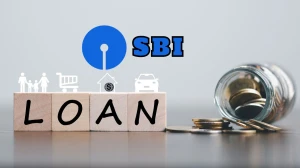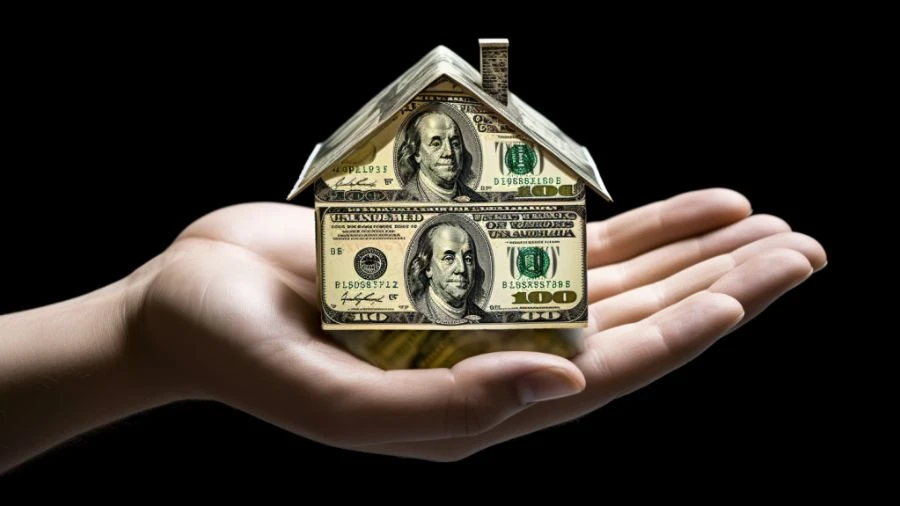
How Much House Can I Afford? Mortgage Affordability Calculator
Calculate home affordability by following the 28/36 rule, ensuring housing expenses stay below 28% and total debts remain under 36% of your monthly gross income, considering factors like mortgage rates, credit score, and down payment impact.
by Kowsalya
Updated Nov 16, 2023
On This Page
How Much House Can I Afford?
Determining how much house you can afford is a crucial step in the home-buying process. To calculate your affordability, assess your monthly earnings and outgoing expenses, using tools like the Home Affordability Calculator.
The 28/36 rule is a helpful guideline, suggesting that housing expenses should not exceed 28% of your monthly gross income, and total debts should stay below 36% of your monthly gross income. Factors influencing affordability include current mortgage rates, credit score, and debt-to-income ratio. Your down payment significantly impacts affordability, with larger down payments reducing the amount you need to borrow. Different types of loans, such as FHA, VA, and USDA, offer varying down payment requirements and eligibility criteria.
Consider your location, ongoing expenses, and budget for regular maintenance to improve home affordability. Ultimately, the decision to buy a home should align with your personal financial situation and long-term plans.
Mortgage Affordability Calculator
The mortgage affordability calculator is a tool used to estimate how much house you can afford based on your income, expenses, and other financial factors. It helps individuals determine a suitable mortgage amount within their financial means, aligning with the 28/36 percent rule.This rule offers a fundamental guideline for determining a sustainable budget for housing and overall debt.
According to this rule, it's recommended to allocate no more than 28 percent of your monthly income to housing expenses, encompassing mortgage payments, property taxes, and homeowners insurance. One effective method for Choosing the Best Mortgage is by utilizing the 28/36 percent rule. Moreover, the rule suggests that the sum of all debt payments, including housing costs, should not surpass 36 percent of your monthly income.
Adhering to this guideline can aid in selecting a mortgage that aligns with your financial capabilities, ensuring you don't overspend on housing or accumulate excessive debt. This method promotes a more stable financial future by helping you budget effectively and make informed decisions about mortgage options available to you.
Click here for comprehensive details on mortgages, including information about rates, work, and type to help you make informed decisions about home financing.
How To Improve Home Affordability?
Make your path to homeownership budget-friendly with steps like improving credit, reducing debts, and considering affordable locations.Here is the steps to improve home affordability:
Boost Your Credit Score
Aim for a higher credit score to secure a lower mortgage rate. Pay down credit card balances and refrain from opening new accounts before applying for a mortgage.
Enhance Your Debt-to-Income Ratio
Work on reducing your debts and explore opportunities to increase your income, such as negotiating a pay raise or taking on a second job. Demonstrating higher income levels makes you appear less risky to lenders.
Increase Your Down Payment
Contributing a larger upfront down payment reduces the amount you need to borrow. Explore options like receiving a gift from family or friends to bolster your down payment.
Consider Different Locations
Stay flexible about the location of your future home. Expanding your search to areas with lower home prices can provide more affordable options.
Assess Your Space Needs
Evaluate your actual space requirements. Opting for a smaller or starter home initially, or considering condos with lower median prices, can be a more budget-friendly choice.
MarketsHost, is your trusted partner in the world of Mortgages. Here, you can uncover exclusive mortgage offers from reputable lenders, ensuring you secure the best deal possible.
What Are the Factors That Impact Home Affordability?
Home affordability is influenced by various factors that determine how much house an individual or family can afford. Here are the key factors that impact home affordability:
Income
The amount of money you earn is a fundamental factor in determining how much house you can afford. Lenders typically use your gross monthly income to calculate the maximum mortgage you qualify for.
Debt-to-Income Ratio (DTI)
Lenders assess your DTI, which is the percentage of your monthly income that goes toward paying debts. A lower DTI indicates better financial health and a higher capacity to take on a mortgage.
Credit Score
Your credit score is a crucial factor in determining the interest rate you qualify for. Higher credit scores often result in lower interest rates, making homeownership more affordable over the life of the loan.
Down Payment
The amount of money you can put down as a down payment impacts the size of the mortgage you need. A larger down payment can reduce monthly mortgage payments and may eliminate the need for private mortgage insurance (PMI).
Loan Type
Different types of loans, such as FHA, VA, and conventional mortgages, have varying eligibility criteria and down payment requirements. Understanding the terms of the loan you qualify for is essential in assessing affordability.
Interest Rates
Mortgage interest rates can significantly affect the overall cost of homeownership. Lower interest rates result in lower monthly mortgage payments, making homeownership more affordable.
Loan Term
The length of your mortgage term (e.g., 15, 30 years) affects your monthly payments. While longer terms may have lower monthly payments, they often result in higher overall interest costs.
Location
The cost of living and housing market conditions in the area where you want to buy a home can impact affordability. Prices can vary widely between regions, affecting your purchasing power.
Property Taxes
Property taxes are an ongoing expense associated with homeownership. The amount you pay depends on the assessed value of your property and the local tax rate.
Homeowners Insurance
Insurance costs can vary, and lenders often require homeowners insurance. It's essential to factor this into your budget when determining affordability.
Home Maintenance and Repairs
Owning a home comes with maintenance and repair costs. Setting aside funds for unexpected expenses ensures you can handle the financial responsibilities of homeownership.
Economic Conditions
Changes in economic conditions, including interest rate fluctuations and job market stability, can impact your ability to afford a home. Consider the broader economic environment before making a home purchase decision.
How much house can i afford - FAQs
1. How is home affordability calculated?
Home affordability is determined by factors such as income, debt-to-income ratio, credit score, down payment, loan type, interest rates, and ongoing expenses like property taxes and homeowners insurance.
2. What is the 28/36 rule in home affordability?
The 28/36 rule suggests that housing expenses should not exceed 28% of your monthly gross income, and total debts should stay below 36% of your monthly gross income.
3. How does the down payment affect home affordability?
A larger down payment reduces the amount you need to borrow, making monthly mortgage payments more affordable.
4. What role does credit score play in home affordability?
A higher credit score often leads to lower interest rates, making homeownership more affordable over the life of the loan.
5. Can different types of loans impact home affordability?
Yes, various loan types such as FHA, VA, and conventional mortgages have different down payment requirements and eligibility criteria, affecting overall affordability.




